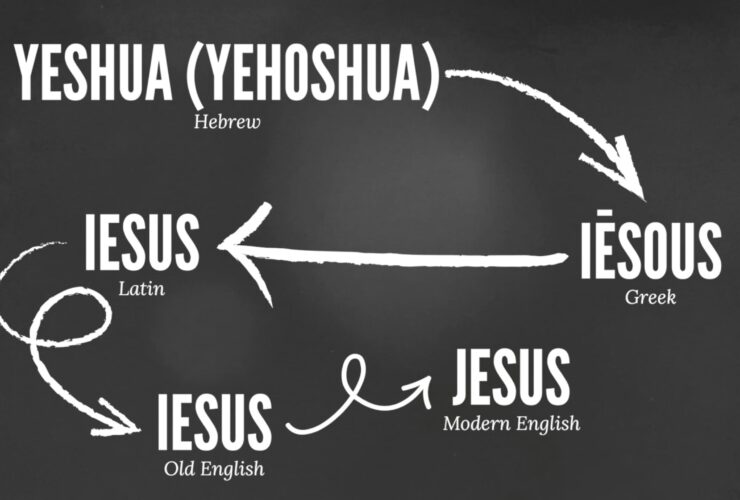Who was the pharaoh of the Exodus? It’s one of the greatest mysteries of the Bible that both professionals and laymen alike have attempted to solve. And while several different names have been put forward over the years, of the known Egyptian pharaohs, there are two that stand above the rest. Rameses II (also known as Rameses the Great) and Amenhotep II.
But for some, neither man can be the mysterious pharaoh, for one simple reason: We have their mummies. And if the Exodus pharaoh drowned in the Red Sea, as is commonly believed by many Christians, then there should be no body to be found. But does the Bible actually claim that Pharaoh died with his army? While a cursory reading of the relevant passages may suggest to some that he did, the Bible says no such thing.
For example, all of the passages in Exodus that reference this event “only ever refer to ‘the Egyptians’ and Pharaoh’s host, and do not cite the pharaoh individually.” For example, in Exodus 14:23 it says, “The Egyptians pursued and went in after them into the midst of the sea, all Pharaoh’s horses, his chariots, and his horsemen.” Notice that pharaoh is not specifically mentioned. And in Exodus 14:27-28 we read, “So Moses stretched out his hand over the sea, and the sea returned to its normal course when the morning appeared. And as the Egyptians fled into it, the LORD threw the Egyptians into the midst of the sea. The waters returned and covered the chariots and the horsemen; of all the host of Pharaoh that had followed them into the sea, not one of them remained.” Again, this passage doesn’t say that Pharaoh died in the Red Sea only that his army did.
“The Egyptians pursued and went in after them into the midst of the sea, all Pharaoh’s horses, his chariots, and his horsemen.”
Exodus 14:23
Two other passages that are used as evidence that Pharaoh died with his army are Psalm 106:11 and Psalm 136:15. Psalm 106:11 says, “And the waters covered their adversaries; not one of them was left.” But as with the Exodus passages, Pharaoh is not directly mentioned in this verse and so it cannot be used as proof that he drowned with his army. And then there’s Psalm 136:15 which says that God “overthrew Pharaoh and his host in the Red Sea.” While this verse does seem to support the idea that Pharoah died with his army, there are a couple of things to consider.
First, is regarding the word “overthrew.” As archaeologist Dr. Douglas Petrovich points out: “A cursory reading of the text leads most to believe that because God “overthrew” pharaoh and his army, both parties must have died.” However, the Hebrew verb behind the English means ‘he shook off’ so “God actually ‘shook off’ the powerful pharaoh and his army…. The same Hebrew verb is used in Ps 109:23, where David laments, ‘I am gone like a shadow when it lengthens; I am shaken off like the locust.’”[1] So the emphasis in this verse seems to be not on the death of pharaoh or even his army but rather on God shaking Israel free from the bondage of Egypt.
The second thing to consider is the phrase “Pharaoh and his host.” While it’s possible that this is referring to both pharaoh and his army, since pharaohs did not usually march with their armies the Psalmist is likely using a figure of speech called a hendiadys which is when two words express a single idea. This would mean that the phrase “Pharaoh and his host” refers only to pharaoh’s army.
So, even though it is commonly believed that pharaoh died with his army, the Bible doesn’t actually say that. Thus, the mummies of Rameses II and Amenhotep II do not disqualify them as candidates for the Exodus pharaoh.

Ryan Hembree is a daily co-host, speaker, and writer of Bible Discovery. He also hosts a YouTube channel that shows the unity of the Bible and how science and Scripture fit together. Ryan also has an honorary Masters of Ministry in Creation Science from Phoenix University of Theology.
[1] Cited from Gary Bates, Robert Carter, Gavin Cox, Keaton Halley, Tour Egypt.






